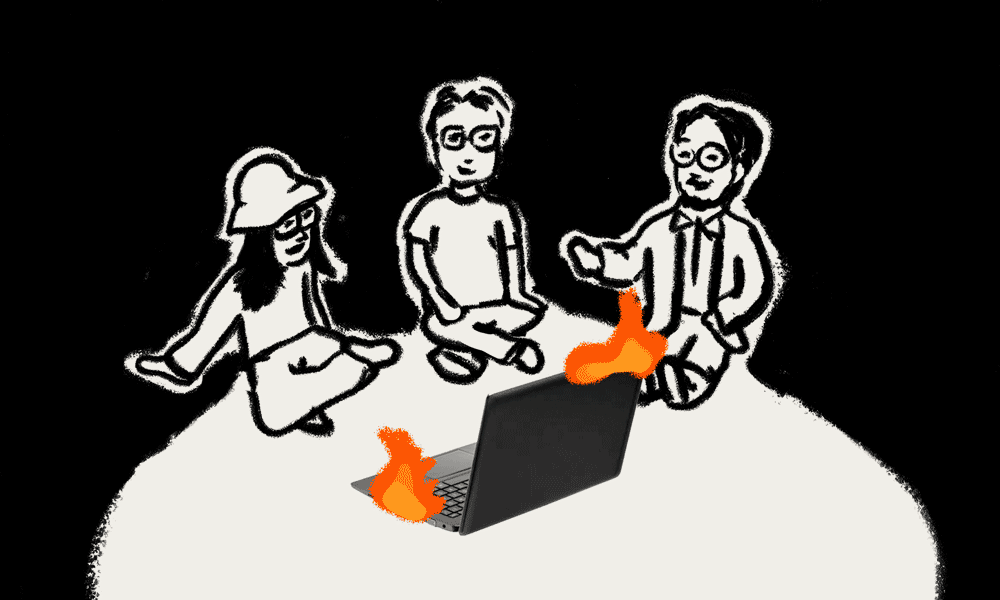Fire was the first gift.
Page in progress.
There are many stories about how we got fire, involving animals and volcanoes, but the most famous story of is of Prometheus, who stole it from Mount Olympus for the purpose of giving humans freedom.
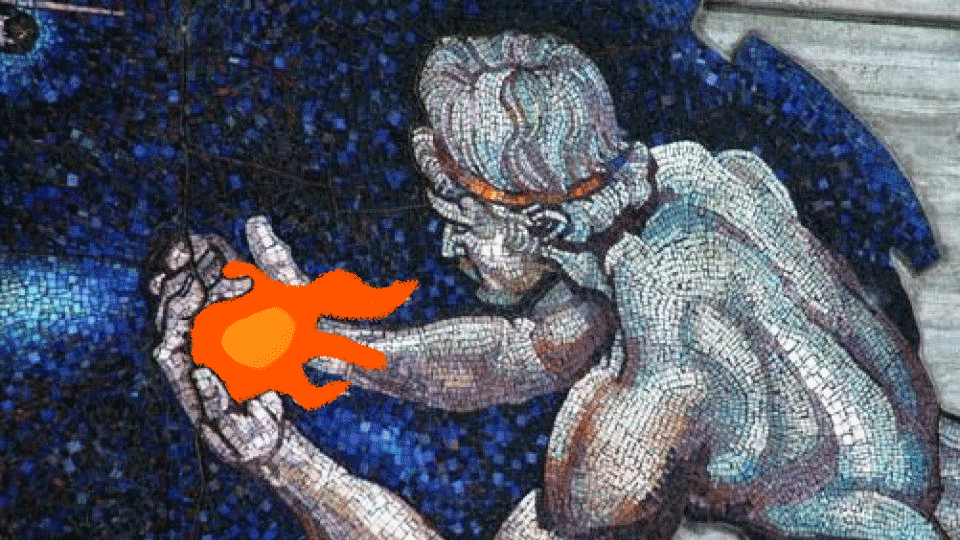
Fire can be unwieldy.
Though fire gives us infinite ways to invent and play with our world, this freedom can be used to both create and nourish life as well as limit and destroy it. The artifacts of our creation can constrain our use of technology in the future.
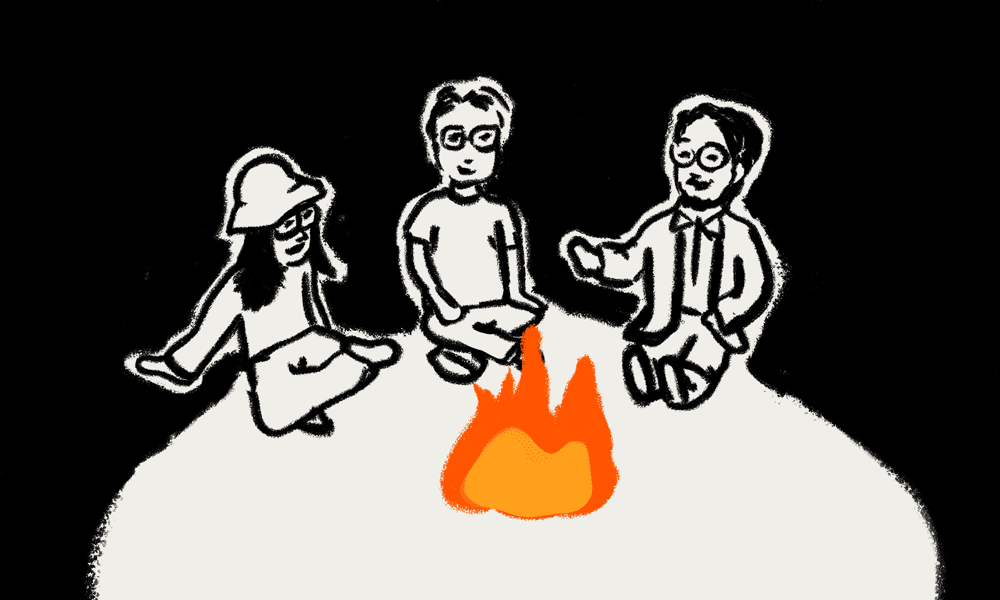
Digital tools are today’s ways of wielding fire...
Fast forward several millennia. We’ve learned to wield fire in new ways: in the steam engine; in electricity; and, most importantly, in the digital computer. The electrical currents that run through silicon transistors are the irrigation channels of fire. Cmputers are literally engines for calculating the virtual construction of new machines, new fires.

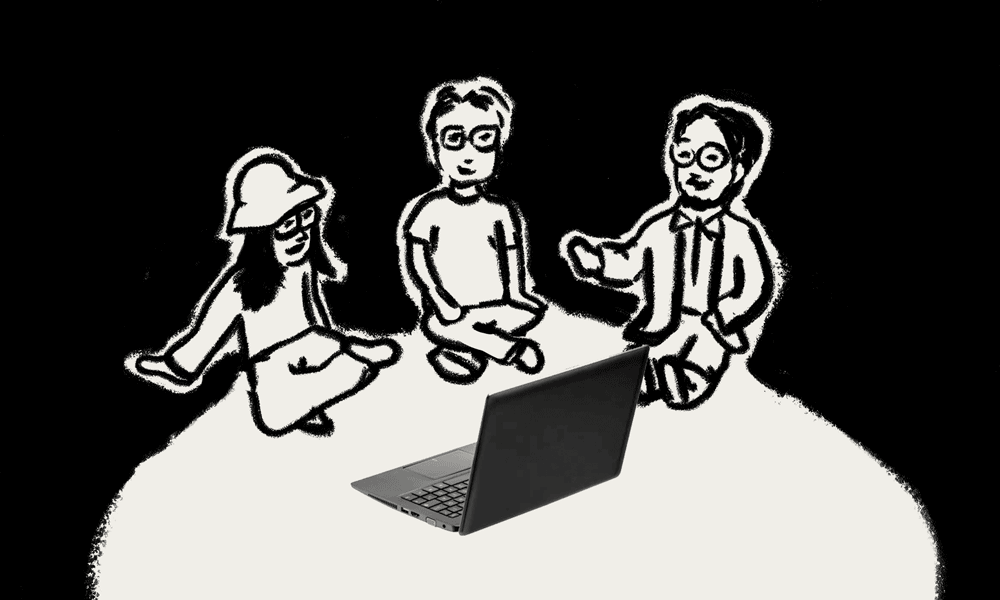
...but these digital tools are increasingly prescriptive.
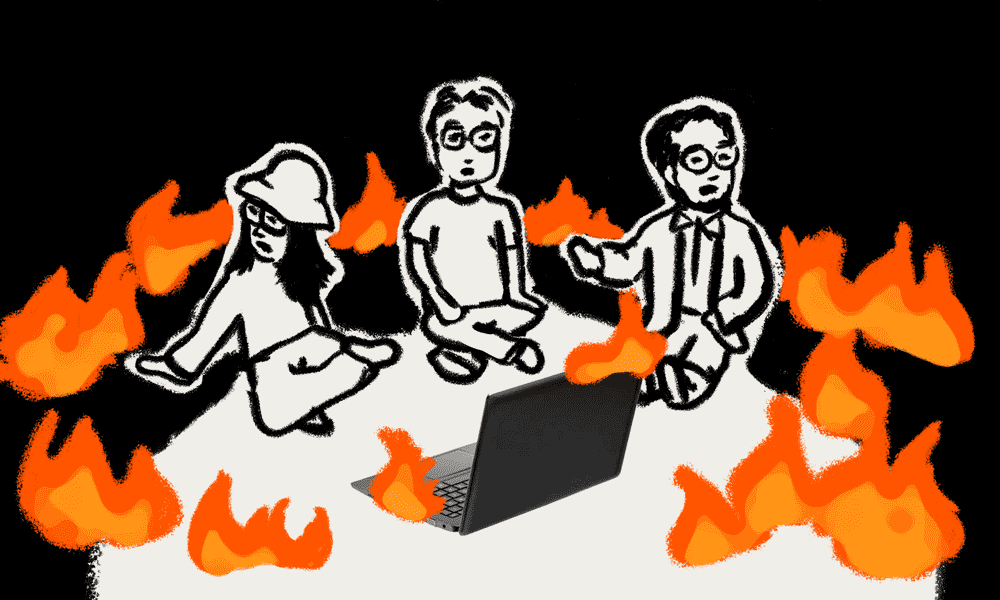
The digital is does not allow for infinite freedom and creativity.
Its grammar is restricted by the assemblies of binary code without a middle. The ‘digital’ is the grammar of cybernetic engines of calculation, or computers. Digital computers ‘write’ in this grammar of binary calculations of oscillating electro-mechanical movements. Hence it has previously been naively defined by a metaphorical projection from the grammar of counting by fingers, toes, or ‘digits’ (digitus) to a grammar of calculating the binary code of digital computers.
Toward a hyperdigital: Digital relationships that remind us of agency
